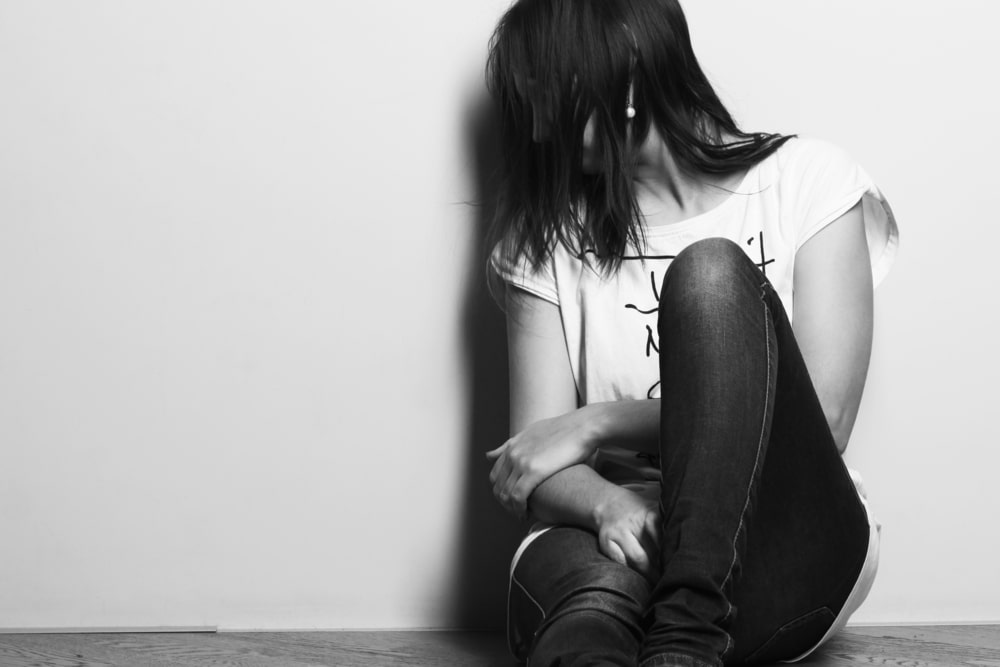
It’s an unnerving sensation: a pit in the stomach, sweaty palms, rapid heart rate, and inescapable fear. Anxiety feels different to everyone who experiences it, but it is, perhaps, more frustrating when it’s induced by social situations.
Social anxiety limits the breadth and depth of human interaction a person feels capable of, which sends shockwaves through their lives. Fortunately, social anxiety doesn’t have to be a recipe for disaster, and it can be mitigated with the right treatment.
Defining Social Anxiety
Perhaps the biggest source of grief facing those who experience social anxiety is the fact that outsiders tend to reduce the disorder to nothing more than shyness. In reality, this is far from the truth, and it’s a damaging assertion that might lead some sufferers to minimize the severity of their disorder.
While some of the hallmarks of shyness are the same as those of social anxiety, the latter is far more severe. In fact, social anxiety is sometimes classified as social phobia due to those who suffer from the disorder experience such an extreme, persistent, and irrational aversion to social settings.
Those who experience social anxiety are usually deeply afraid of being watched or judged by others, to the point that they experience severe physical and emotional symptoms when placed in situations where this feels possible.
This sort of acute social anxiety is more common than many people realize, with around 15 million Americans grappling with the disorder every year.
A Host of Potential Causes
As with all forms of anxiety, researchers cannot point to a single inciting incident that brings on social anxiety in every sufferer. Instead, the most likely cause leaves a lot to the imagination such as some combination of genetic and environmental factors.
Research indicates that genetic factors may cause a predisposition for anxieties like social phobia, but this doesn’t mean that a child will absolutely develop social anxiety just because they have a parent who experiences it. It also does not mean that a child with two parents who never experienced social anxiety certainly won’t develop it despite lacking the genetic factor.
Other bodily imbalances, like issues regulating serotonin, might play a role in the occurrence of social anxiety. The amygdala, a part of the brain responsible for fear, can work overtime and cause anxiety.
Perhaps more influential in the development of social anxiety are environmental factors like bullying, conflict within the family during childhood, and abuse. Of course, there are many other situations that might prompt a person to develop social anxiety, but these are some of the most common.

The Far-Reaching Effects of Social Anxiety
While it’s obvious that the symptoms of social anxiety, like an excessive fear of being watched or judged, might lead a person to avoid social situations, there are many more serious repercussions of social anxiety than merely becoming a homebody.
Take a step back to think about the impact of this phobia more abstractly, and it becomes clear that social anxiety can easily spiral into a disorder that ruins lives. For example, someone who is desperately afraid of being watched or judged would have a very difficult time attending a class because they might worry about classmates looking at them when they walk in the room. This can lead to agonizing over the potential of being called upon to answer a question by an instructor.

Equally as damaging, someone with social anxiety would have an incredibly difficult time performing well in a job interview. Being the focus of an entire conversation would be more than many sufferers could bear.
All of this pales in comparison to the fact that those with social anxiety find it incredibly difficult to manage interpersonal relationships as well. True human connection requires openness and vulnerability, but people with social phobia tend to avoid genuine relationships. This obviously spirals into isolation.
Unfortunately, isolation has been rooted out as a major cause of depression; this means that someone experiencing social anxiety ought to seek professional help before their disorder spirals into a comorbid state. If depression is allowed to set in along with social anxiety, the result can be truly devastating to a person’s life.
Treating Social Anxiety for A Brighter Life
The good news about social anxiety is that it’s largely built upon unhealthy thought patterns; that means that therapy is an extremely successful way to manage the symptoms and roots of social phobia.
Anyone with a phobia experiences a fear so irrational that they genuinely believe something catastrophic will happen if they’re subjected to the object of their fear. This means that someone experiencing social anxiety is certain that if they put themselves in simple social situations, something terrible will happen.
In order to recover, it’s important to challenge these false beliefs. Exposure therapy is an excellent way to manage social anxiety. When a person goes out to dinner on their own or attends a cocktail party, and nothing horrific happens, they’re retraining their brain to understand that social situations are not dangerous.
Likewise, rational emotive behavior therapy (REBT) and cognitive behavioral therapy (CBT) allows a therapist to bring out the root of social anxiety, and to help the sufferer confront that root from a rational, methodical standpoint. Often, these two therapeutic methods can be combined for great success, and bring relief to someone who has been battling social anxiety for most of their life.
The truth is, social anxiety isn’t the end of the world, but it can certainly feel that way to someone suffering from the disorder. Mission Harbor Behavioral Health is just a phone call away from offering a more comfortable, fulfilling lifestyle, free from the ravages of social anxiety.
The facilities at Mission Harbor are staffed with trained experts to best assist patients with their mental health issues. We are capable of dealing with any and all cases with a licensed staff, equipment, and approved techniques. Our mission is to help those who want to help themselves, and we support your decision in seeking help.
Get Help Now
Alcohol addiction is extremely difficult to overcome on your own.. Seek specialized help and let professionals guide you in your recovery.

